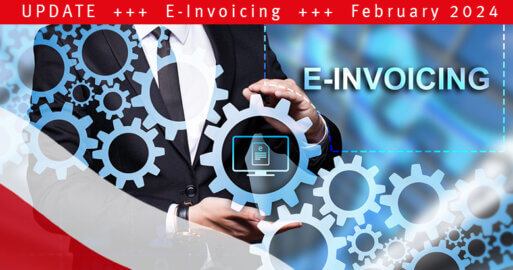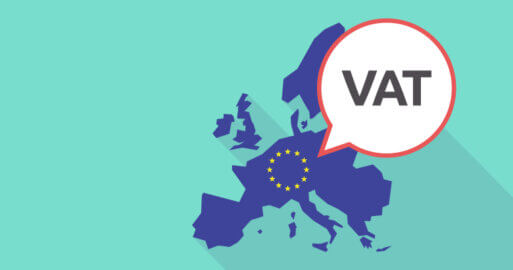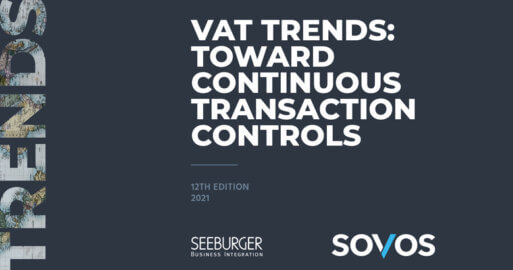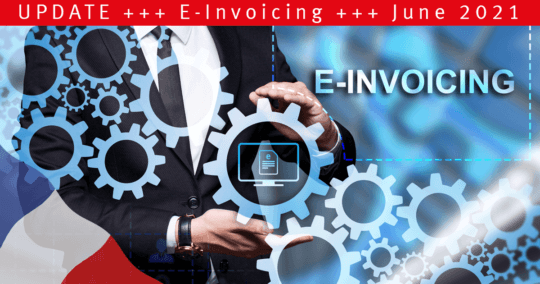Belgium Is Considering Bringing in a B2B E-Invoicing Mandate
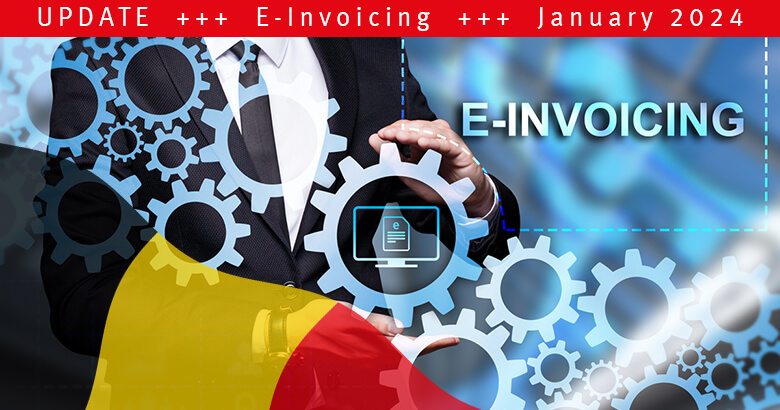
+++ Update January 24, 2024: Belgium proceeds with mandatory B2B electronic envoicing from January 2026
Belgium is taking significant steps toward implementing a mandatory B2B structured e-invoicing system, with a target go-live date of January 1, 2026. As highlighted in several key announcements, recent developments reflect the country’s commitment to fighting fraud, reducing the VAT gap and simplifying administrative processes.
Approval of the second reading of the draft law (December 8, 2023)
The Belgian Council of Ministers approved the second reading of a draft law requiring structured B2B e-invoicing from January 1, 2026. The law, which is currently awaiting the King’s signature, will then be submitted to the House of Representatives. In particular, this mandate will apply to Belgian-based companies and local subsidiaries of foreign companies.
Initiative of Finance Minister Van Peteghem (September 29, 2023)
Finance Minister Vincent Van Peteghem played a crucial role in reaching an agreement within the Council of Ministers on the mandatory introduction of digital invoicing between companies as of January 1, 2026. The move is aimed at closing the VAT gap and streamlining administrative processes. Minister Van Peteghem stresses the importance of a fair tax system where everyone pays their expected share. The use of the Peppol network is favored because of its Europe-wide compatibility, giving taxpayers the flexibility to choose alternative systems, provided they meet EU standards.
‘Big bang’ instead of initially intended phased implementation approach
The plan originally included three phases, six months apart, but the 2026 launch details do not currently specify these phases. Instead the all provisions will then as a big bang enter into force in their entirety on January 1, 2026. The draft regulation intends to impose the Peppol-BIS format as the principle reference, whereby the structured electronic invoices would be sent systematically via the standard 4-cornered Peppol network. Belgium foresees a long-term five-cornered Peppol model with near-live e-reporting to replace annual customer list reports, ultimately contributing to the VAT gap reduction estimated by the EU at €4.8 billion annually.
Peppol-based system and continuous transaction controlling?
Belgium’s preferred approach is a two-step system: Peppol-based structured electronic invoicing between taxpayers, foreseen to be followed by Continuous Transaction Control (CTC) with the tax authorities. The synchronization with the EU VAT in the Digital Age plans to have a standardized EU system (EN 16931) for e-invoicing by 2030 – or possibly 2032 or later. This alignment with EU standards ensures interpretability and compliance.
Communication and transition period
Recognizing the magnitude of this transition, the Belgian government, together with the Federal Public Service Finance (FPS Finance), plans to conduct a comprehensive information campaign during the extensive transition period. This initiative aims to educate and guide all stakeholders, including businesses, through the changes brought about by mandatory e-invoicing.
Belgium’s commitment to e-invoicing is an important step in aligning with EU standards, increasing tax transparency and streamlining financial processes. The introduction of structured e-invoicing is expected to make a significant contribution to reducing the VAT gap and promoting fairness within the tax system. Businesses operating in Belgium are urged to stay informed and prepare for the upcoming changes as the country progresses towards its 2026 mandate.
+++
Is Belgium now the next country in Europe to enter the Continuous Transaction Controls (CTC) race? The forerunners were Spain, Portugal and Italy, who started using CTCs a few years back, either with mandatory e-invoicing via a central business-to-business (B2B) exchange system, or with real-time electronic VAT reporting. Then, France, Poland and Serbia started limbering up and announced a series of plans and schedules for introducing CTC B2B e-invoicing mandates.
According to PWC, Belgian Finance Minister Vincent Van Peteghem has confirmed his intention to make B2B e-invoicing mandatory by law. This was prompted by a desire to reduce Belgium’s VAT gap, valued at round about 4 billion Euros for 2018 (see VAT GAP Report 2021).
Will the Belgian B2B-e-invoicing mandate be based on Peppol?
Currently, there is no definitive information on whether the anticipated B2B e-invoicing mandate will be based on Peppol standards for interoperability and document types. However, Peppol is certainly not unknown in Belgium. Back in 2016, Belgium was the sixth country to become a Peppol Authority and implement the interoperability framework. For several years now, suppliers have been required to send EN16931-compliant electronic invoices to public sector customers on the Mercurius platform. This platform acts as a centralized electronic mailroom for B2G e-invoicing for the entire Belgian public sector. Using a Peppol access point, suppliers can send invoices to the Belgian public authorities who are on the Mercurius platform. There are already a remarkable 1,145 Peppol sender points (as of November 19, 2021).
Considering the very early adoption of Peppol in Belgium and the long-standing practice of private invoicing parties using Peppol for B2G e-invoicing – and even voluntary B2B e-invoicing – it seems reasonable to assume that Peppol will also be part of the proposed B2B e-invoicing mandate. For it’s really only Peppol that could currently reduce the monetary and technical barriers to implementing a Belgian B2B e-invoicing mandate. Moreover, as approximately 1 billion invoices per year are exchanged in Belgium, it is expected that switching to an electronic invoicing standard such as Peppol would result in savings of EUR 3.5 billion per year. That’s in addition to reducing the VAT gap. Isn’t that a win-win situation?
At a glance
Among the EU member states, Belgium was one of the pioneers in using Peppol for B2G e-invoicing. Now, it is considering a B2B e-invoicing mandate. In addition to cost savings through standardized e-invoicing, this would also be an opportunity to reduce the VAT gap. Particularly in these pandemic times, an e-invoicing mandate could be an attractive way to counter VAT carousel fraud and evasion. There is a trend towards mandatory electronic invoicing in the B2B sector in Europe. Although still quite recent, this trend was kicked off by Italy with an SdI mandate in 2018/2019. It can be assumed that other EU countries will follow at increasingly shorter intervals. Hopefully, as described, for example, in the Peppol CTC Reference Document from September 2021, Peppol can still establish itself as a player in this CTC trend – at least in Europe.
Until then, the challenge remains to address and implement the individual legal requirements for each country,
- without needing to deal with several different local providers in each country,
- while meeting the various technical requirements for inbound and outbound invoicing, such as prescribed data formats and communication channels,
- while ensuring simple and reliable connectivity to the respective ERP systems.
The SEEBURGER BIS e-invoicing services not only include Peppol services. There are also extensive options for automating incoming and outgoing invoices as well as deep process integration into the ERP system of your choice, such as seamless integration of SAP S/4HANA via the SAP API Business Hub. We are an established provider of cloud services with extensive experience of considering and meeting various countries’ e-invoicing requirements with an all-in-one solution for our customers.
Thank you for your message
We appreciate your interest in SEEBURGER
Get in contact with us:
Please enter details about your project in the message section so we can direct your inquiry to the right consultant.
Written by: Gerrit Onken
Gerrit Onken has been at SEEBURGER since 2010 as a product manager for software applications and for electronic data exchange services for the business sector. He focuses on solutions for SAP, electronic invoicing (e-invoicing) and innovations for digitalizing business and technical processes for globally-active customers. Originally a banker, Gerrit Onken went on to graduate in business administration, majoring in industrial management and business informatics. After working in the financial sector, he worked as a manager and project manager from 2004 to 2010 for one of the top five corporate consultancies, working with international BPOs in the banking and automotive industries.
